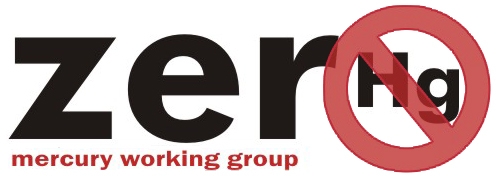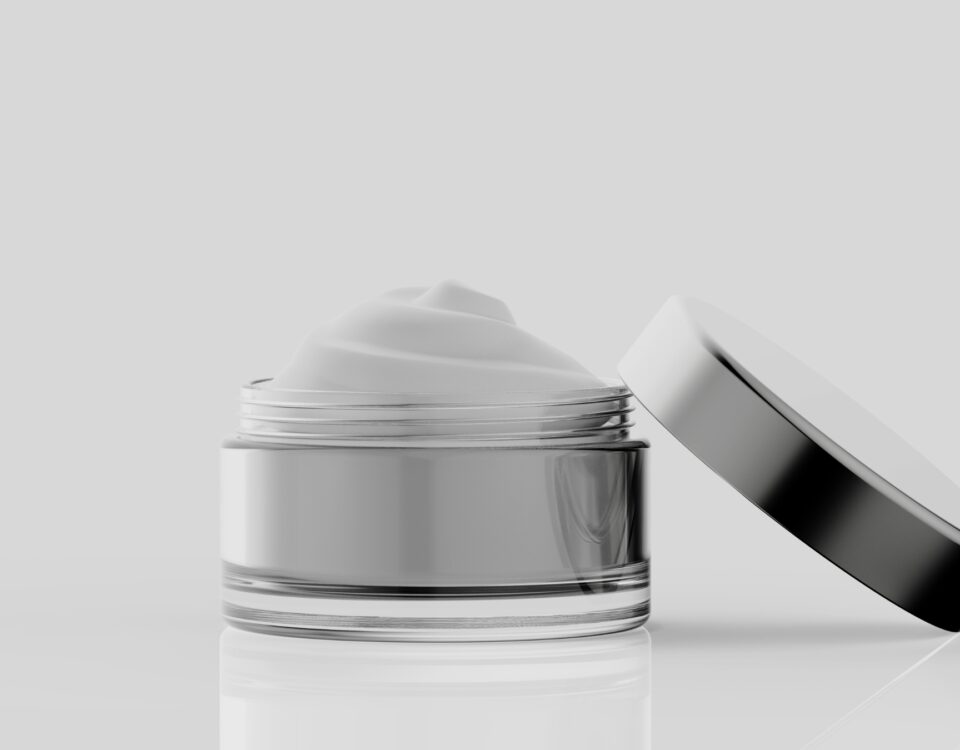In support of the International Day for the Elimination of Racial Discrimination on March 21st, the Zero Mercury Working Group and WE ACT for Environmental Justice are calling for the elimination of mercury-added skin lightening products (Hg/SLPs) as an important step towards protecting consumers and helping to end colorism.
Mercury lightens the skin by suppressing the production of melanin and removes age spots, freckles, blemishes and wrinkles, but poses significant health risks. A 2023 systematic review[i] found that two-thirds of users had mercury urine levels exceeding 20μg/L—six times the background levels found in the Global Mercury Assessment[ii]—making it one of the highest mercury exposure risks for millions worldwide. We estimate that 66 million Hg/SLPs are sold each year containing 112.5 metric tons of mercury compounds.[iii]
Our testing shows that Hg/SLPs are globally available in local markets and online, with many high mercury brands accessible from multiple countries during consecutive sampling years.[iv] Toxic SLPs are often supplied by a vast global criminal operation of illegal manufacturers and traders operating in the shadows.[v]
In the short-term, regular Hg/SLP application can lead to skin damage, while long-term exposure can cause serious health consequences. Exposure is especially concerning during child bearing years because the mercury can pass through the placenta and interfere with the baby’s neurological development. In addition, non-users in the same household can be exposed through a variety of physical contact points.
Consumers are often unaware of the toxic ingredients in SLPs due to the lack of ingredients disclosure. It’s also challenging for physicians to diagnose cases and identify the exposure source, owing to their lack of awareness and training, and the ubiquitous symptoms exhibited by patients. Even when the dangers are known, many continue to use Hg/SLPs due to deeply ingrained historical, cultural, and societal influences.
Advertisements for Hg/SLPs persist across retail, television, social media and internet shopping platforms. These marketing tactics are often rooted in a racist beauty market. Clearly, regulation and enforcement of the industry—including but not limited to ending advertising, marketing and sales—is a major challenge often exacerbated by uncertainties regarding questions of responsibility, jurisdiction and liability.
Allowing online sales of Hg/SLPs represents a major loophole in national laws resulting from two separate causes. First, interpretations of the laws governing online sales often absolve platforms of responsibility, which removes incentives to prevent illegal sales. Second, online sellers are often foreign entities, and are often challenging to engage in a national context. Clearly, legal reforms are critically needed.
In summary, curtailing Hg/SLPs goes beyond just providing information about health risks. Employment of effective strategies are needed to both protect consumers and curtail colorism. The widespread use of SLPs—with or without mercury—is further concerning because they are a symbol of societies grappling with internalized racism and colorism. Given that the mercury in SLPs can effectively be replaced with other hazardous ingredients (such as hydroquinone or corticosteroids), it is imperative to understand the motivations behind use and introduce interventions regarding skin lightening practices in general.
[i] https://www.ncbi.nlm.nih.gov/pmc/articles/PMC9651181/
[ii] https://www.unep.org/resources/publication/global-mercury-assessment-2018
[iii] https://www.mercurycapetown.com/wp-content/uploads/2024/10/6-Michael-Bender-ICMGP_ZMWG_July_2024_Final_draft-rev-17-July.pdf
[iv] https://www.zeromercury.org/mercury-added-skin-lightening-creams-campaign/





